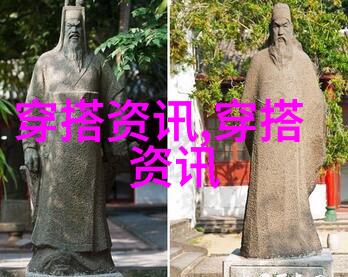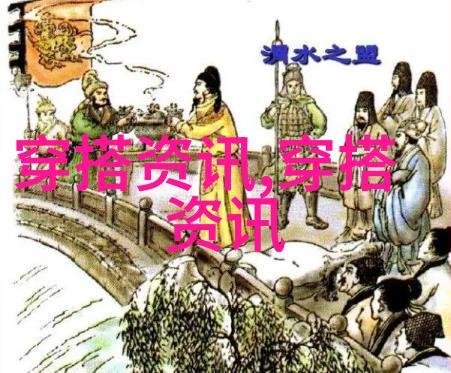祸国十四阙:中国古代政治腐败的典型案例

什么是祸国之大?
在中国历史上,政治腐败一直是一个深刻而复杂的问题。它不仅影响了国家的长远发展,还直接关系到民众的福祉。《资治通鉴》中记载了一系列关于政治腐败的故事,这些故事被后人称为“祸国十四阙”。每一个阙都有其独特的情节,但共同点是它们都对国家产生了极大的负面影响。

为何会出现如此严重的问题?
为了解释为什么会有如此多的政权因为腐败而崩溃,我们首先需要了解当时社会和政治环境。在那个时代,官员之间竞争激烈,对于权力和财富的人们往往采取手段越过法律来达到目的。同时,由于监察制度存在缺陷,对于贪污行为进行有效打击非常困难。

如何造成了这些问题?
Corruption in ancient China was often caused by a combination of factors. For instance, the system of examination and promotion for officials created a culture of competition, where individuals would do whatever it takes to succeed. This included bribery, embezzlement, and other forms of corruption. The lack of effective supervision and regulation also made it difficult to prevent these problems from occurring.

有哪些具体案例值得关注?
One famous case is that of Duke Xian of Qin (公子虔), who was known for his corrupt practices during the reigns of his father King Huiwen (惠文王) and himself. He not only indulged in extravagance but also used state funds for personal gain. Another example is Emperor Wu's court official Zhang Liang (张良), who was accused by Confucius himself as being "untrustworthy".

怎么解决这些问题?
To address these issues, various reforms were implemented throughout Chinese history. For example, Emperor Wen Di introduced the "Three Examinations" system which aimed at selecting capable officials through meritocracy rather than wealth or connections. However, even with such measures in place, corruption continued to plague successive dynasties.
今天我们能从历史中学到什么?
Despite being separated by centuries from today's society, the lessons learned from ancient China's political corruption remain relevant today. It highlights the importance of transparency and accountability in governance as well as an effective legal framework that can deter unethical behavior among public officials.
In conclusion,the "prisoners' dilemma" faced by governments struggling against corruption has been a recurring theme throughout Chinese history yet holds valuable insights into modern-day politics worldwide.
(来源:某虚构学术论文)



